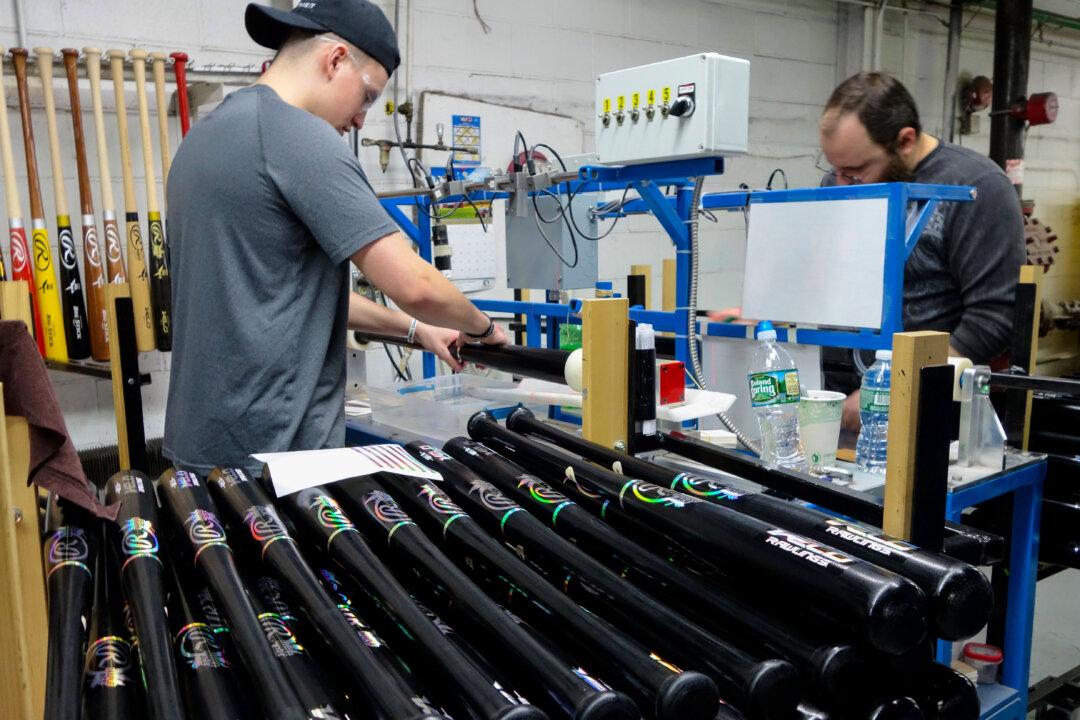Whether it’s the aftereffect of work-from-home edicts during the pandemic or employers determining that hybrid work schedules are here to stay, one employee trend continues to grow—no one wants to work on Fridays anymore. One of the easiest ways to determine that is by noticing that rush hour traffic that day is the least congested of the week.
Many employers that once held casual Fridays, ice cream Fridays, or bagel Fridays to make the end of the week more appealing have increasingly found that the employees just don’t want to be there. Researchers at Texas A&M School of Public Health recently studied Friday work habits. They determined that productivity on that day significantly dipped whether employees worked in the office or remotely.





